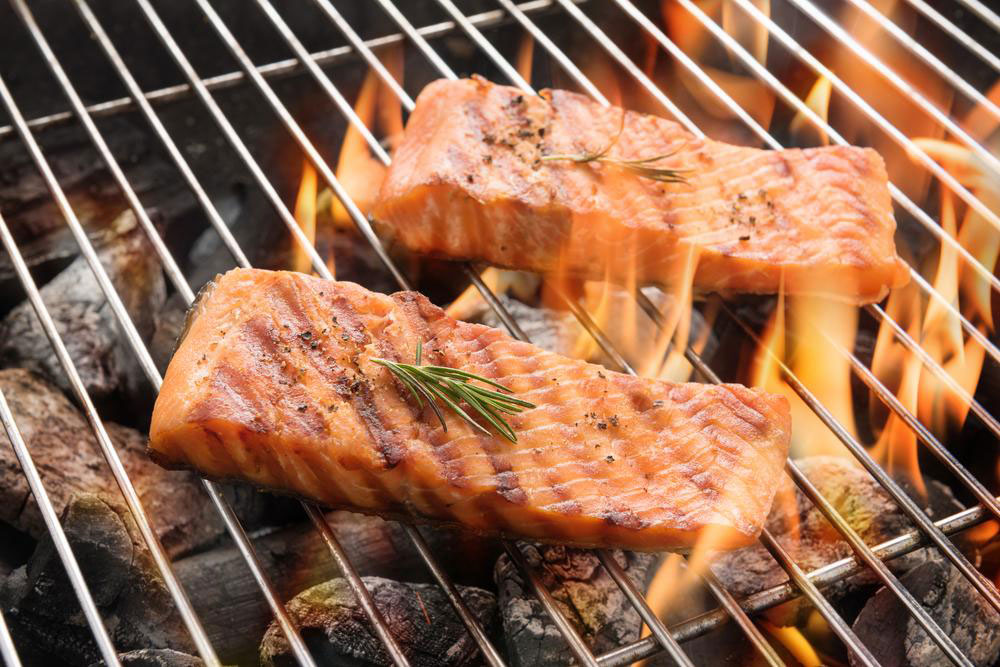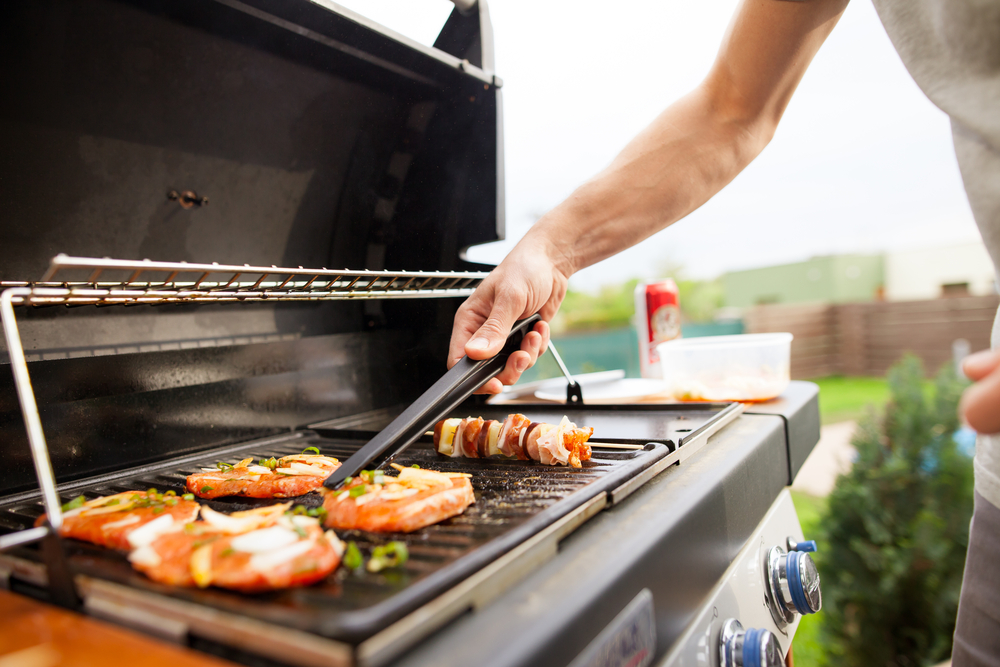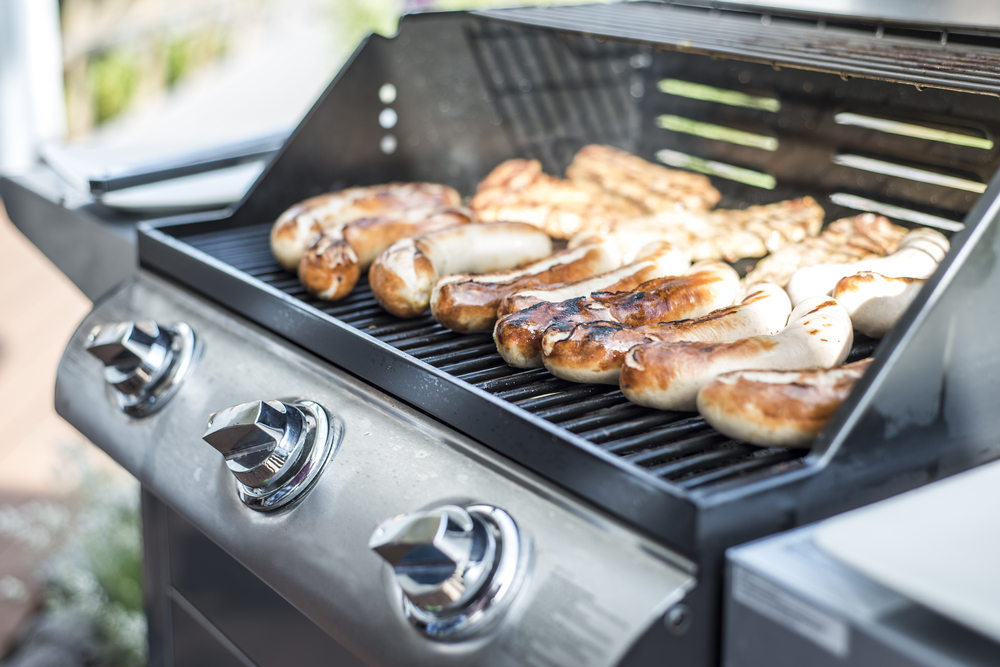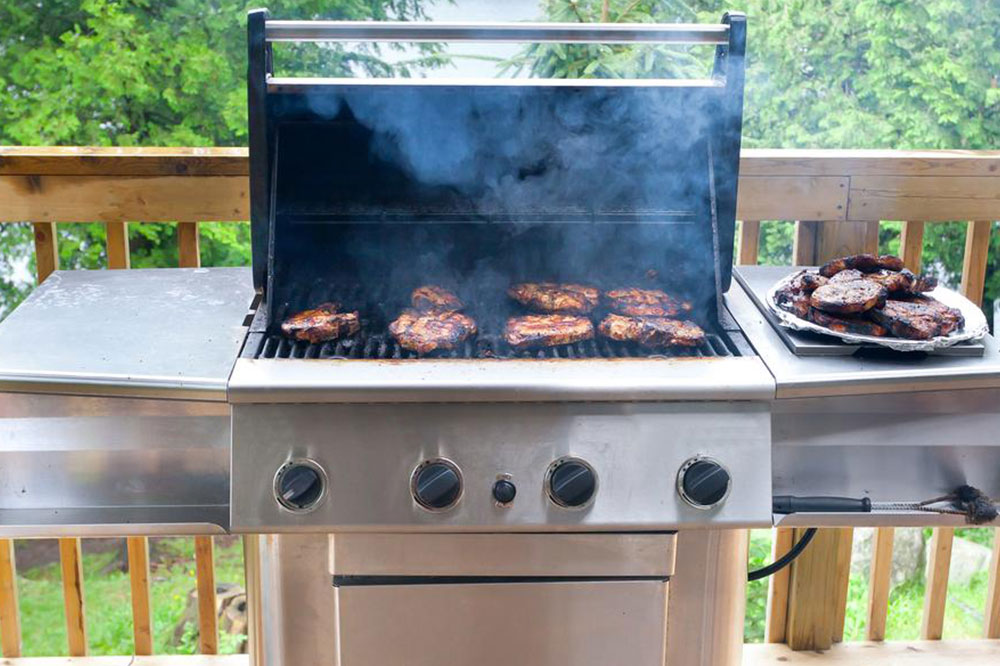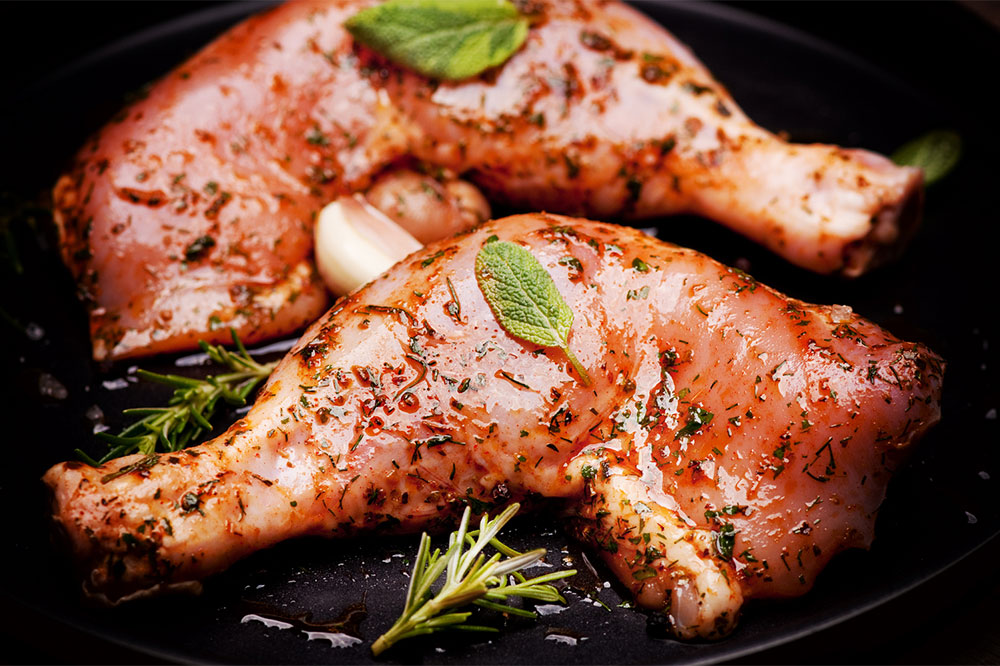Top 11 Tips for Choosing the Perfect Grill for Your Backyard
Discover essential tips for choosing the perfect outdoor grill tailored to your needs. This guide covers types, features, safety, and accessories to ensure optimal grilling experience for your backyard or patio, whether you're a novice or seasoned griller.
Sponsored
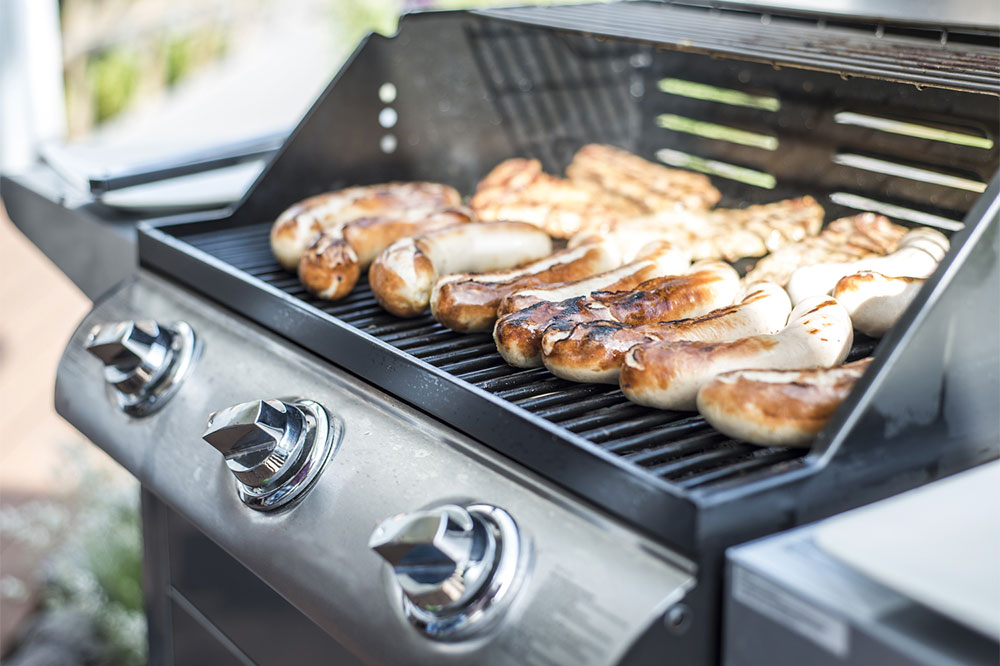
Top 11 Tips for Selecting the Ideal Grill
Summer often means outdoor barbecues and gatherings. Owning a suitable grill is essential for enjoying these moments, especially if you have a patio or garden. For first-time buyers, choosing the right grill can be challenging. Here are eleven helpful tips to assist you in selecting the best grill for your outdoor space.
Decide Between Gas or Charcoal Grills
Gas, charcoal, and pellet grills are popular for patios or yards. Electric grills are better suited for apartments or condos. Gas grills ignite quickly, while charcoal offers rich flavors. Pellet grills combine features of both but are pricier. Your budget should determine your choice. If possible, purchase both: use a gas grill on weekdays and a charcoal grill on weekends.
A grill with a built-in thermostat allows precise temperature control for perfect cooking. Without it, consider models that can accommodate a digital thermometer. Cooking success depends heavily on temperature management.
Opt for a grill with ample cooking space. Standard sizes may suffice for small gatherings, but larger families need at least 600 to 900 square inches to cook various items comfortably. Warming racks can also keep food warm while others are cooked.
Balance BTU ratings with grill size. BTUs indicate heat output; higher BTUs mean hotter grills. A general guideline is 80-100 BTUs per square inch of cooking surface. Too many BTUs for a small grill might lead to uneven cooking.
Multiple burners, including side or rear ones, enhance versatility. They allow cooking different foods at varying temperatures simultaneously and can be used for heating sauces or beverages.
Consider storage features. Grills with protective covers or space for accessories extend their lifespan by preventing weather damage. Separate covers are advisable if not included.
Choose a grill with an efficient grease or ash collection system. Easy cleanup prevents flare-ups and prolongs the grill's life. Features that manage dripping juices and minimize mess are highly desirable.
Side shelves or prep areas add convenience by holding utensils, plates, and condiments. Foldable shelves save space when not in use.
Material quality impacts durability. Stainless steel, ceramic, cast aluminum, and cast iron are common options. Stainless steel resists rust and is easy to clean.
Infrared burners are optional; while they produce intense searing heat, many models achieve high temperatures without them. Learning different techniques can optimize results.
Pair your grill with a smoker for enhanced flavor. A separate smoker adds the ability to cook challenging cuts slowly and infuse smoky notes. Alternatively, use a smoker box inside your regular grill for similar results.
With these tips, you can confidently select a grill that turns your outdoor space into a perfect cooking haven. Happy grilling!

